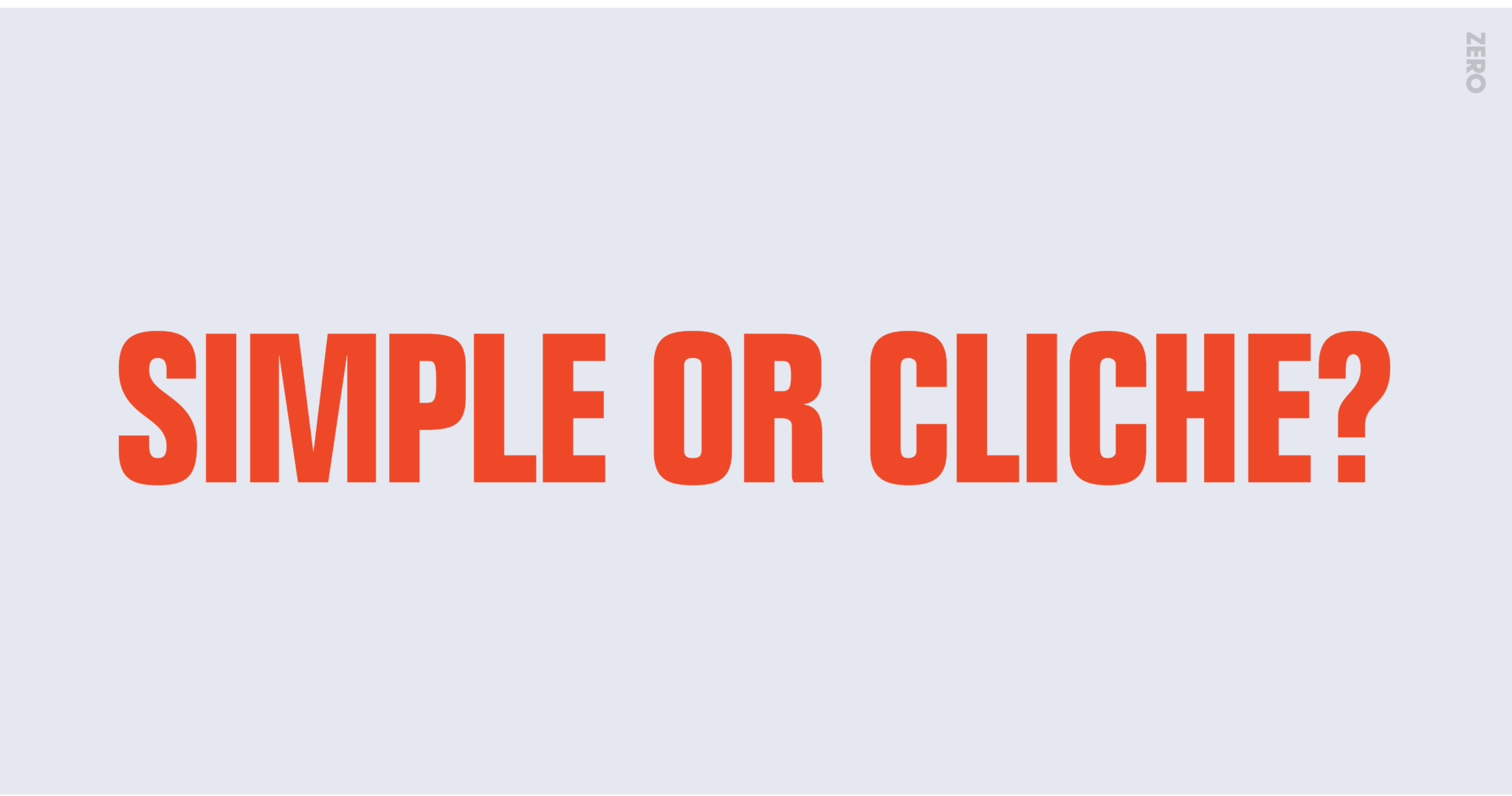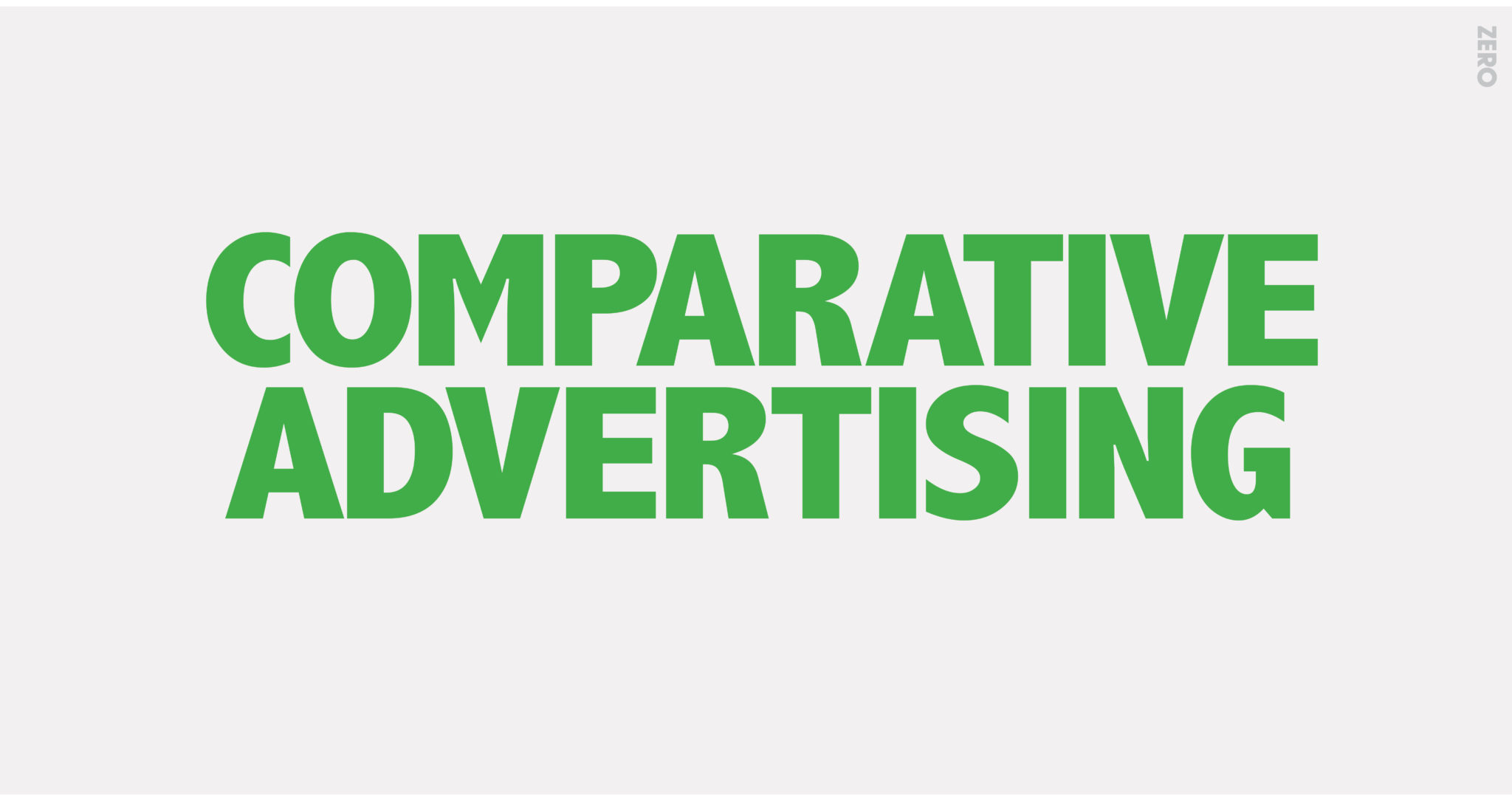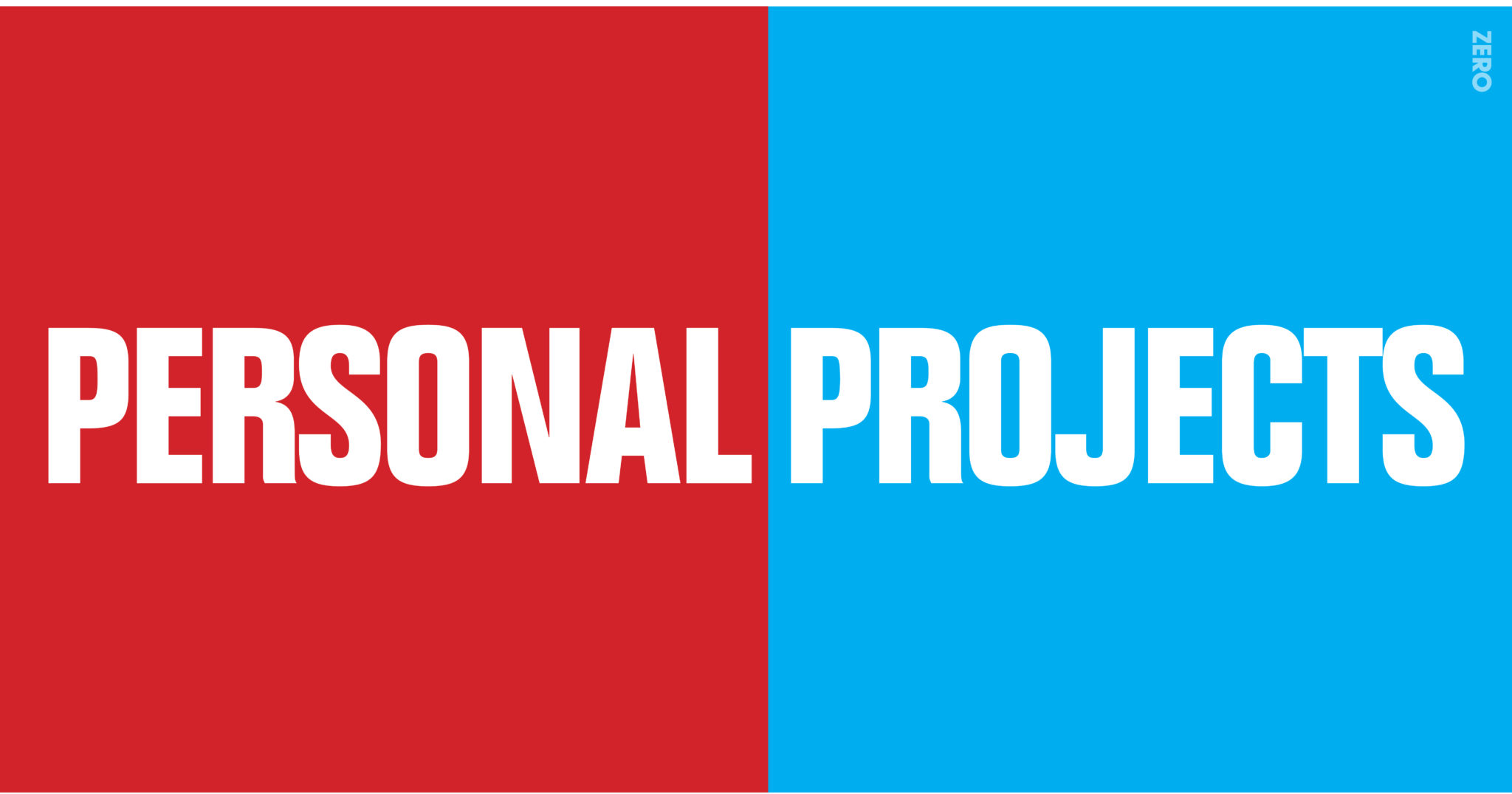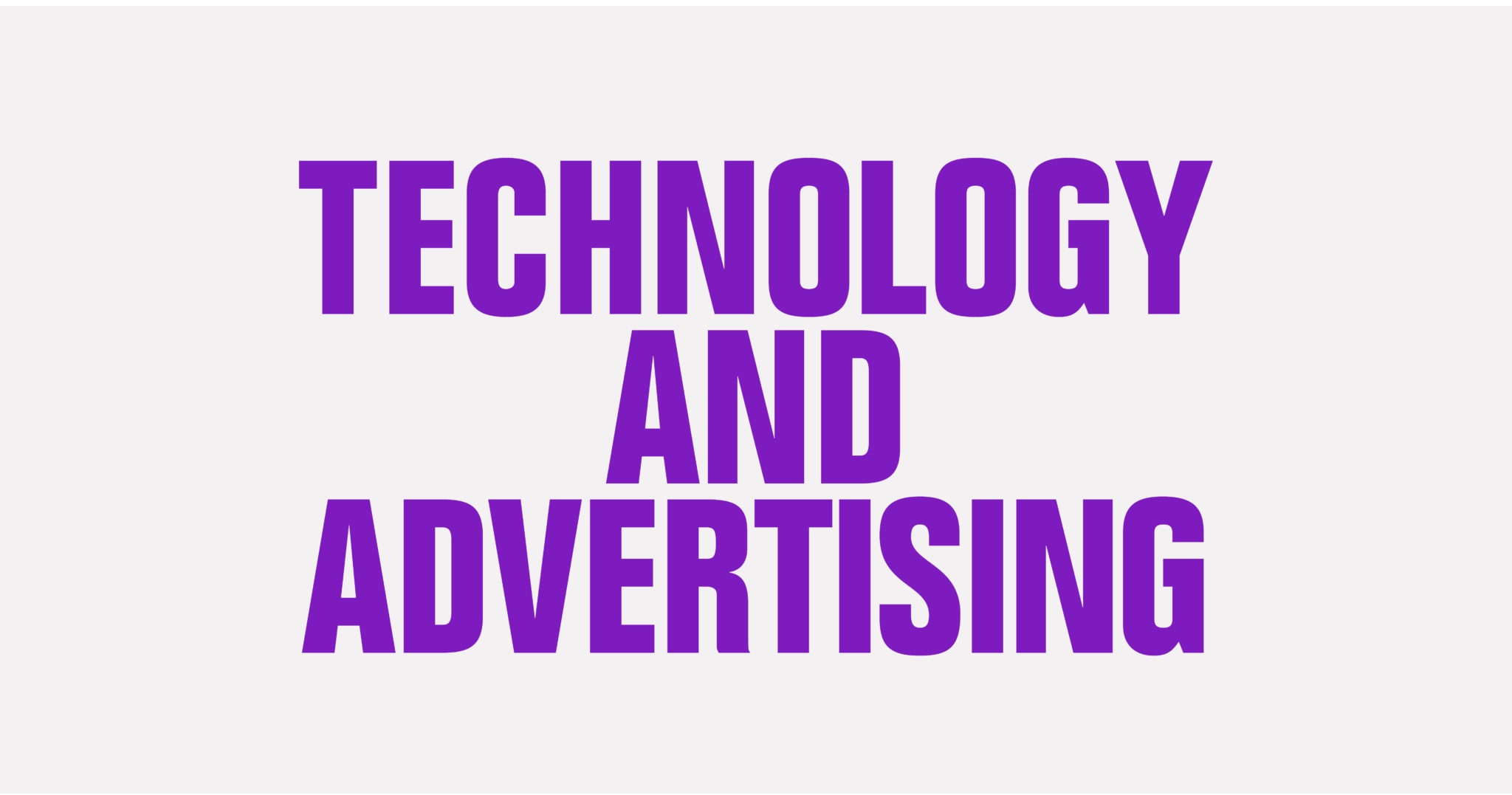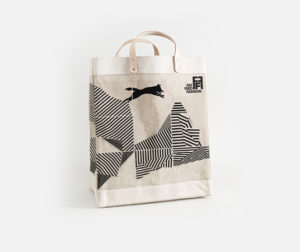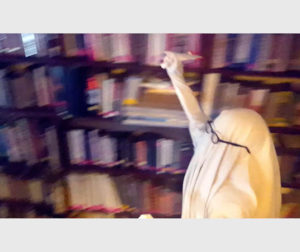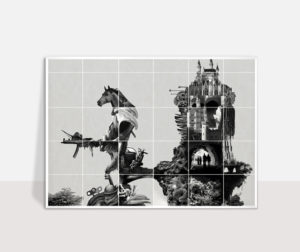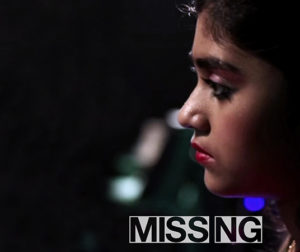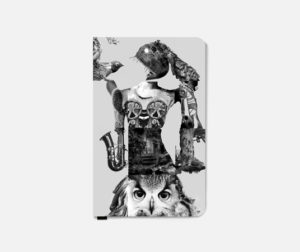Html validation heading
We’re not ones to pick up on juicy scandals and write about them, but when it comes to a case of women empowerment we’re all ears, eyes and fingers.
The recent scandal revolving around Harry Weinstein, Hollywood’s mogul producer stemmed a social media campaign which caught on like wildfire.
#Metoo saw women all over the world come out and reiterate their horrors of being sexually harassed especially at workplaces. It started when actress Alyssa Milano initiated the call to action, being one of Weinstein’s critics. She wrote, “If all the women who have been sexually harassed or assaulted wrote ‘Me too’ as a status, we might give people a sense of the magnitude of the problem.”
Men have been using this hashtag too to show support and more than half a million women have used it.
It’s saddening to see that so many have been assaulted and heartwarming to see how many support the cause.
Sometimes cliché ideas and simple ideas are mistaken to be the same. In fact, they couldn’t be more different. Cliché ideas are those that are over used a million times. Those that are repeated time and again. Simple ideas need not be cliched. They can be good simple ideas as well. But cliché ideas are seldom good due to the fact that they’ve been over abused and beaten down.
A segment of people who care as much about a brands values as it’s products.
This segment of people are increasing growing more and more relevant.
They stay loyal to a company that according to them is doin the right thing, even if their product might be sub par. They would be likely to try to persuade their peers to buy into these brands. Being active users of social media they are likely to activate their views of the brands they love or dislike. Corpsumers don’t hesitate in paying a premium amount for products of brands they believe or support a cause they believe in.
Comparative advertising has been defined by Wikipedia to be an advertisement in which a particular product, or service, specifically mentions a competitor by name for the express purpose of showing why the competitor is inferior to the product naming it. It is different from parody advertisement, where a non existing product gets advertised to be made fun of.
Comparative advertising is generally related to negativity and various stories have linked this form of advertising as having a negative impact on the brand and its conception to consumers.
Take for example the recent Patanjali ad campaigns attacking Lux, Pears and Lifebouy soaps. They’ve been injuncted by the High Court.
Their ad campaigns were laced with negativity and could have a negative impact on their brand image. Asking people not to use chemical infused soaps like the celebrities and edging people to stay away from certain brands.
This hitting below the belt advertising should be used as last resort or not at all.
Inbound marketing cannot be ignored today. But what is it really? Many go to claim that Inbound marketing is the same as content marketing. But it is much more that that. It’s adverse to interruptive marketing that pops up everywhere on the internet and stalks us every point of our internet experience. Inbound marketing is that which builds trust in the brand. It genuinely engages a propective client by peaking attention and providing something the client is interested in. Content marketing is a major part of this since it provides sought after information of a prospective client. It improves SEO and SERP ranking. Social media is another offset of Inbound marketing. By genuinely engaging with customers and maybe posting content that might turn viral companies can leverage social media for marketing. Inbound marketing can be hard and takes time. But it is a necessity today.
Instagram stories, feeds, websites, Facebook, trolled with ads, constant remarketing at every step. Does it lead to conversions? What do you think?
First hand experience of it. Yes it does!
How can you not be tempted when you see an ad of a new lifestyle brand, or new night wear brand or a brand selling quirky gifts constantly repeated everywhere. Click, like or view them for long enough, you will find them as it feels, hounding you at every step of your social media and internet experience. How can you not fall prey and give in.
Millenials today spend most of their time at work or during their free time hooked on a computer or a mobile device with connectivity.
How far can you run from digital advertising? Not a step of the way!
You might have heard that all work and no play makes you dull. This holds true in advertising. Play is sometimes important for creativity. Being in a creative business like advertising means being experimental and being experimental also means questioning the status quo. Agencies take up personal projects because they’re an important way of learning. Like Jessica Walsh’ 40 Days of Dating. They’re like a “mini university” that teach skills which could be applied for more commercial projects. They could roll out into something that could become commercially viable or just something that could be attention grabbing.
Successful ROI is the main reason for advertising in India today. While India as a country grows digitally it has become increasingly difficult for advertisers to implement measures to improve digital advertising. Focus must be placed on Social Media Marketing and Search Engine Optimisation. They ensure that ads are cost effective and and have a wide reach. Social media ads provide a two way communication for effective marketing to consumers and vice versa. Consumers can reach marketeers and express their concerns instantly via this channel. Also ads can be adapted based on their analytical insights. Technology today is one of the best ways to make advertising more effective, and have a successful ROI.
Advertising today isn’t just by showcasing what a brand has to offer.
Brands today tell stories, not just of their product and brand but those that might move us, or have a social purpose. This is a strategic move from the traditional ways of advertising.
And I’m talking about not just posting on Instagram’s Story feature, which brands have leveraged on digital today, but of well thought of stories.
We seem to not be feeling the Monday blues at our agency today.
Our awards winning Instagram page has been featured in The Polka Cafe. A fabulous piece of writing by Ishwari Basu.
Kudos!


